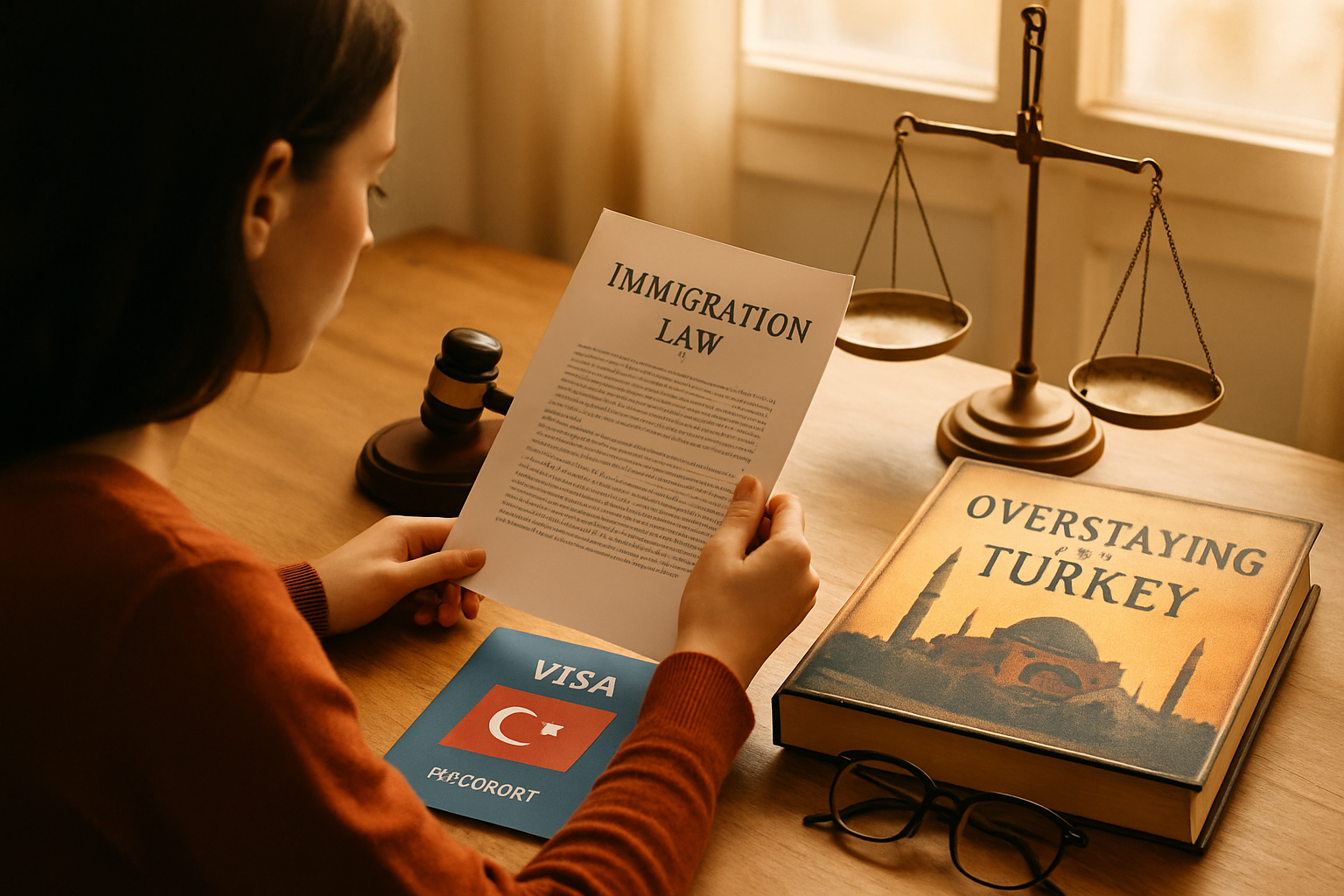Legal Consequences of Overstaying in Turkey

Living as an expat in Turkey brings excitement and promises adventure. Yet, with freedom comes responsibility—especially when it comes to visas and residency obligations. Many expats, new to the country’s unique regulations, underestimate the importance of tracking their stay. This oversight can have serious legal consequences. Let’s examine how overstaying in Turkey affects your expat journey and what you can do to stay on the right side of the law.
Understanding Turkey’s Visa System
Turkey welcomes millions of visitors and residency-seekers each year. From short-term tourist visas to residence permits for work or retirement, the country features a range of entry requirements. Each status allows you to remain for a set period—typically 90 days within a 180-day window for tourists from many countries.
Many expats feel confident navigating their first few months. But it’s important to remember:
- Each visa type has different rules and extension possibilities
- Not all nationalities receive the same privileges or grace periods
- Automatic extensions are rare and require proper application
Forgetting these key details can put your status at risk.
What Happens If You Overstay?
Overstaying, even by a single day, causes more than minor inconvenience. The Turkish government tracks entries and exits meticulously. If you exceed your authorized stay, you face immediate repercussions at border crossings or during routine checks.
Here’s what can happen:
- Fines calculated by the number of overstayed days
- Possible ban from re-entering Turkey for up to five years
- Difficulty securing future Turkish visas or permits
- Deportation in serious or repeated cases
For instance, an expat who lingers two weeks beyond their visa validity not only faces a financial penalty at departure but could also receive a ban stamp in their passport. This ban can disrupt career plans, family reunions, or property sales scheduled for the future.
Real-Life Expat Scenarios
Consider Anna, a freelance designer from Germany, who lost track of her tourist visa’s expiry while working remotely. Upon leaving Turkey for a planned conference, she confronted a sizable fine at the airport and a three-month re-entry ban. She missed opportunities and had to cancel client meetings just because of a small oversight.
Or imagine Carlos, who married a Turkish citizen but delayed filing his residency application. He overstayed, hoping to handle paperwork later, only to be detained during internal travel and ordered to pay fines before he could proceed with legal residency.
These situations demonstrate the importance of full compliance and timely action. The emotional and financial costs of overstaying rarely outweigh the effort to stay legal.
Best Practices for Staying Compliant
Responsible expats maintain control over their legal status and take proactive steps. Protect yourself with these habits:
- Use digital reminders or calendar apps for visa deadlines
- Visit local immigration offices early for extension or residency requests
- Keep digital copies of passport stamps and e-visa confirmations
- Consult local experts when in doubt about regulations
- Monitor official Turkish government websites for regulation changes
Adopting these practical steps eliminates last-minute stress and prevents unintentional overstays. You also gain peace of mind, time for leisure, and uninterrupted access to Turkey’s rich experiences.
Key Takeaways for Every Expat
Overstaying in Turkey does more than spoil travel plans. Legal sanctions can create lasting barriers and disrupt your life. By approaching your move with awareness—with careful document management and attention to deadlines—you protect your future opportunities.
- Fines and entry bans await even first-time overstayers
- Lost opportunities—including work, real estate, and family events—are possible
- Compliance is simple with the right habits and early action
Smart expats prioritize legal status. Remember, enjoying the beauty and opportunities of Turkey comes from the freedom of living within the law.
